When it rains in Gulu, and it does rain everyday, the red clay roads turn to gush. Your shoes slip, sink, and stick to the stuff. When the mud dries on your clothes they are speckled in bright brown dots. Shoes are caked with clay.
When the sun shines in Gulu, and it does shine everyday, everything is in hyper color. The whites of walls glare back like the albedo of snow. Leaves, grasses and palms are aggressively green. The purple, orange, pink, red, turquoise, and yellow uniforms of school children light up like neon under the sun's gaze. Each school yard is its own hue in the spectrum, because every school has a different colored uniform; the brighter the better it seems. The sun intensifies the darkness of skin and the sparkle of sweat. And it burns my fair face and neck.
In a five hour period yesterday I was both scorched and soaked. The paradoxes of Uganda are plentiful.
Thanksgiving rushed up on us. In the preceding three days we had run from place to place at a fast clip, what they call "rebel speed" here.We visited a house for former child prostitutes, made dinner with our new friends in Kampala, rode the rough road to Gulu, stopping at aschool twenty miles down a dirt road and our first IDP camp, sat with a high court judge in her chambers, documented a woman's adoption hopes at an orphanage, played theatre games with former street children, met the family of a former Prime Minister who are now displaced in their own country, interviewed the administrator of a child soldier rehabilitation center, and everywhere filmed kids eating, singing, and gathering water. Getting from place to place is also a part of the story. Boda Bodas, motor scooter taxis, are the way around here. Riding on the back of them is a hoot, and haggling over whether you are going to pay the driver 500 shillings (27 cents) or 700 shillings (35 cents) can be feirce. Not getting riped off as a Mzungo (foreigner) is quite a challenge, especially since trickery is a prided cultural skill here. On the fifteen kilometer trip to an IDP camp yesterday with our contact Francis, we rode the backs of boda bodas, but because the drivers left instead of waiting for us there, on the way home we rode the backs of bicycles, the poor man's taxi. The entire return was uphill.
In the whirlwind of running around the most apparent constant has been the generosity of the Ugandan people. As tis ever common away from wealth, what people lack in tangibles like housing, electricity, paved roads, and running water, they compensate for in intangibles, time with family, religious devotion, and good conversation.
Though Ugandans are resilient, constantly smiling people, they unfortunately have to cope daily with dirty, disease infested water, malaria spreading mosquitoes, poor schools, life stealing roads, and the threat of continued violence from a messy, goalless rebellion. No one has been able to explain the war, and everyone has tried, but I thank God the conflict is at rest for now. The more questions we ask about it the more we know that we simply do not know. Every confident explanation someone posits is spiced with a bias, and the conflicting points of view we have heard make having a solid opinion nearly impossible. Everyone is praying though that the peace talks stick and the displaced people may return home.
The work at hand is preparing for that return, which with the structures that are in place now, could be disastrous. After living for 15 years in a hut with three square feet of yard squished next to 30,000 other IDP residents, it is hard to imagine that starting life again, with the building, planting, and animal raising that that involves, will be simple. Now put more than a million people in that scenario and send them home at once and you can begin to guess where the complications are. How will they get there? What materials will they build new homes with? Will they have safe water when they get there? Seed to plant? Schools to attend? Police forces to provide security? And the hopeful answers to any of those questions require funding, good implementation, and reliable governance.
The biggest challenge is that the real change must come from withinUganda. I mean that NGO's and foreign donors may assist in setting up the resources and the security, and they must, but the people here will need at some point to own their own futures. Ugandans will be the farmers, teachers, doctors, law makers, police officers, and soldiers of Uganda and the fate of the country relies more on their ownership than anything else. The charity of wealthy nations is essential, more than is known, but the true welfare of the future here will be in the hands of its people. Thankfully I meet local folks everyday who are giving every bit of themselves to that end. I doubt that all the sweat and heart they put into their neighbors will ever transform all that needs to be renewed in this place. Good, motivated, educated Ugandans are trying though, and that is what we were thankful for at the table set with fresh turkey, mashed potatoes and apple crisp yesterday.
Subscribe to:
Post Comments (Atom)
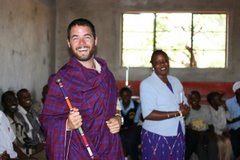
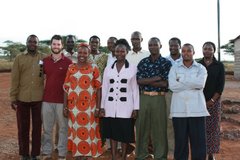
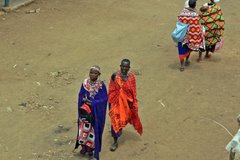
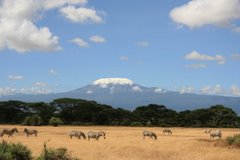
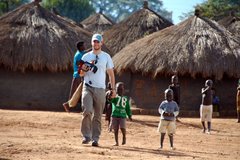
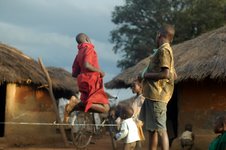

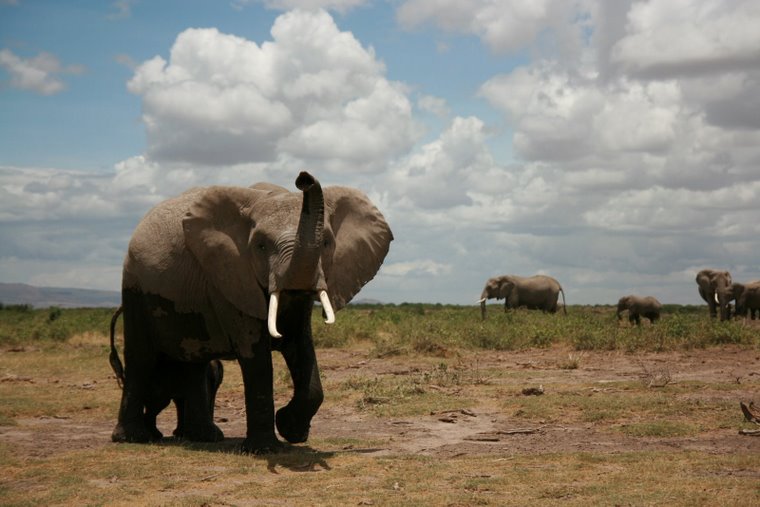
No comments:
Post a Comment